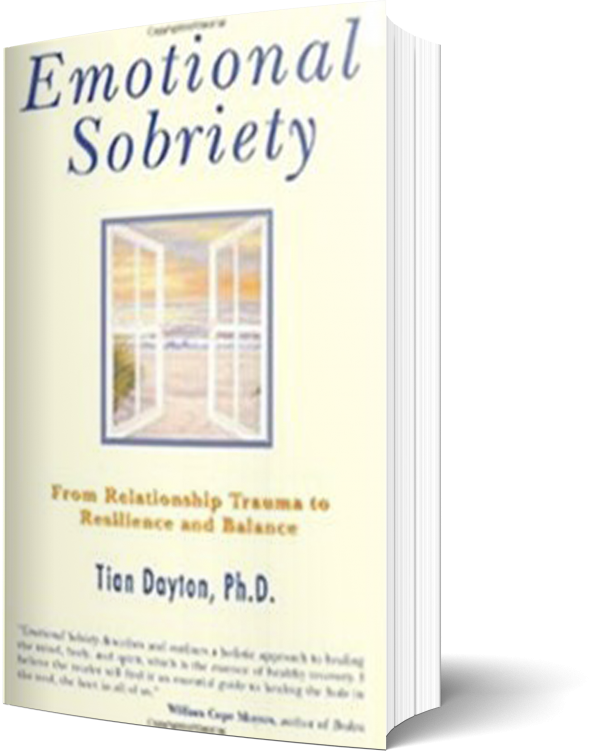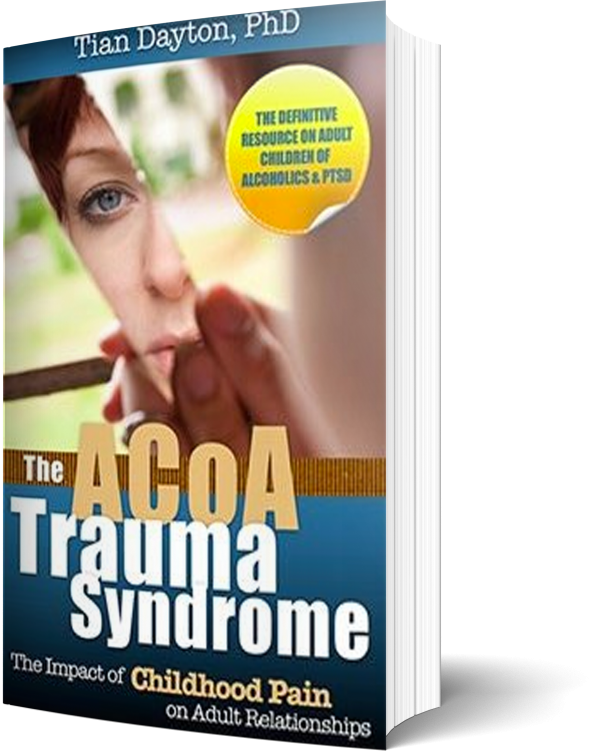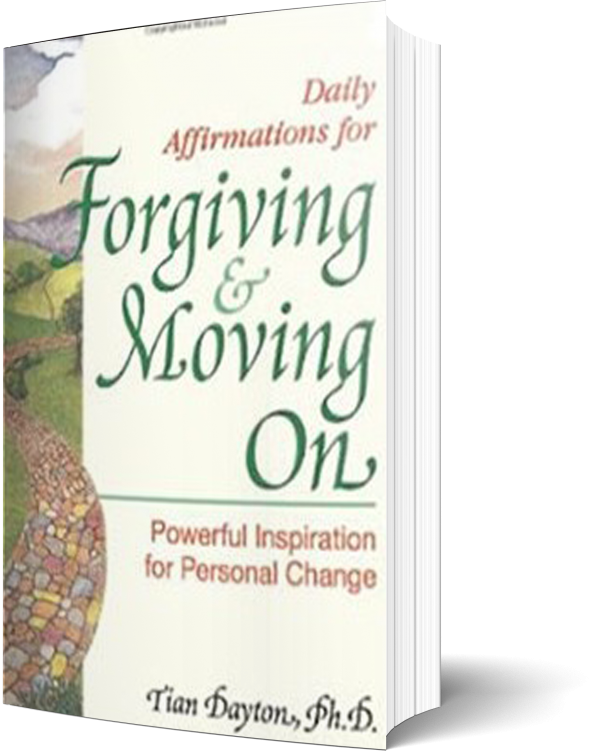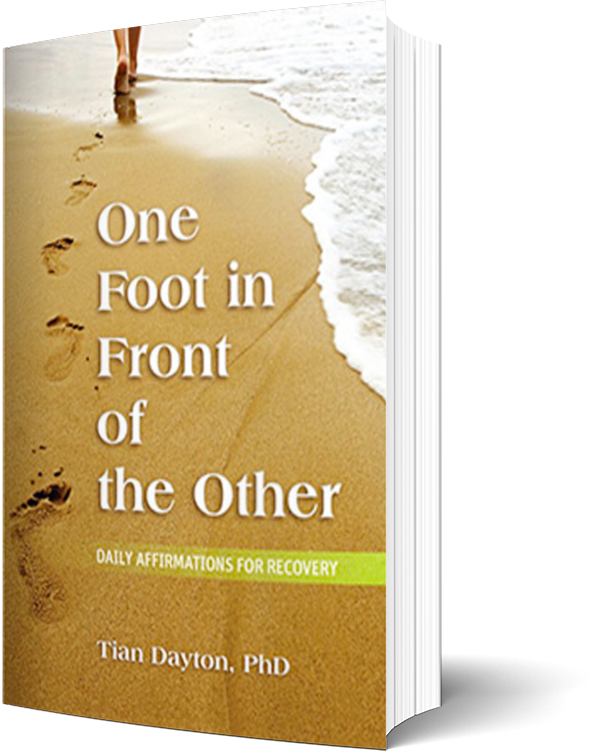How are these for some chilling statistics?
The number of teens entering treatment for addictive disorders has jumped 65% since 1992.
And if that’s not disturbing enough, the average age of teens needing treatment is currently 15 years old. By 15, these kids lives are seriously threatened and way off track.
Sound scary and hopeless? Well, luckily, it’s not.
Treating teens for addiction, nipping addiction in the bud so to speak, really does work. But maintaining sobriety once treatment is over, well, that’s another story all together. Here’s the big problem. Most teens get pressured by peers who want to “party” or dealers who want to sell, within 24 hours of returning home! Over 80% of “treated teens” relapse within the first week of discharge. In other words, the people, places and things that got them into trouble in the first place, are right there waiting to get them into trouble all over again.
“They don’t call it ‘high’ school for nothing,” quips Joe Shrank, owner of Loft 107 which hosted a dinner this week to rally support. “High school is a kid’s whole world. If these teenagers, fresh out of treatment, walk back into a system that not only tolerates using but encourages it, they have no chance to sustain long term recovery. Recovery high schools surround them with the scaffolding that they need to stabilize and ultimately “self-regulate” their own recovery” In other words, to learn how to stay sober. That’s why Shrank founded Friends of Sober Education in NY.
Now, try these much more hopeful statistics.
97% of seniors who are enrolled in “recovery high schools” graduate. And they graduate sober. And not only do they graduate sober, they go on to lead productive lives. Think of how many hearts don’t get broken when this is the case.
If recovery high schools work this well and given that addiction is currently considered our nation’s number one health problem, why aren’t there more of these great alternatives you might ask?
One problem, according to New York City addiction psychiatrist Dr. Scott Bienenfeld, is that “there is a perception among parents and even some treatment professionals that kids will be ‘cured’ in rehab and will be able to continue living sober while at home. Most people don’t bother to think about the environment these kids are returning to. The truth is that these issues need to be thought about the moment a kid enters treatment … not a week after they return when it is often too late. The standard of care should be that all high school students returning from treatment should be offered a chance to enroll in a recovery high school.” This requires that parents be aware, informed and committed and asking for alternatives.
Not all states “just say no” to recovery high schools. Minnesota has 11, Massachusetts has 3, Texas 2; there are 24, in fact, across the United States. But New York City? None.
“This needs to change,” said Carpenter-Palumbo, Commissioner of OASAS (Office of Alcohol and Substance Abuse Services), who attended the dinner. “You know why I want to see New York have a recovery high school? Because New York does things better.” With some community involvement Carpenter-Palumbo feels that now may be the time for New York to climb onto the recovery high school movement, that a grassroots effort has a good shot at receiving serious support from the New York’s current administration. Carpenter-Palumbo assures us that this administration understands the severity of the drug problem among young people and recognizes its role in supporting recovery, “Governor Paterson was with the 10,000 people who marched across the Brooklyn Bridge on Sept. 12th to celebrate recovery. It’s the first time a Governor has publicly supported recovery in this way, in this state, and Gil Kerlikowske, who is our current drug czar is committed to recovery schools. Even more encouraging news.”
Kristen Johnston, star of the TV series Third Rock From the Sun was the evening’s charming MC. A powerful proponent of recovery schools, she sounds a war cry with characteristic energy and zest. “No recovery schools in New York City just isn’t OK. Let’s rally the masses and get this school up and running.” Johnston wants to work with other committed and energetic folks to form New York City’s first “Recovery High School.” This movement, like Uncle Sam, needs you, Johnston seems to be saying. When not acting herself, Kristen teaches acting at NYU and probably acts as an appealing mentor in the process. In recovery herself, she has learned to survive, thrive in a tricky world, sober and with dignity .
For more information on how you might get involved with “Friends of Sober Education in NY” please email: Steve@foseny.org





